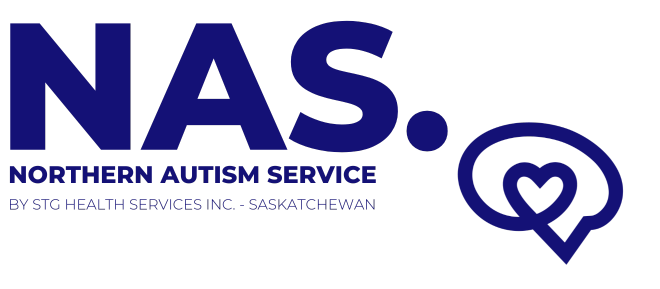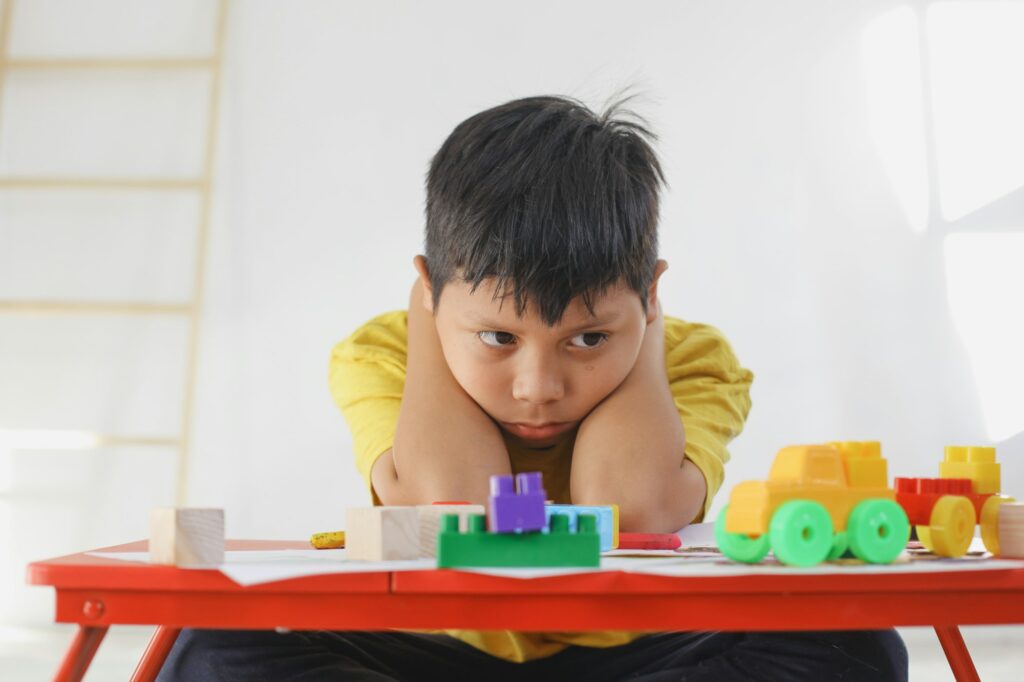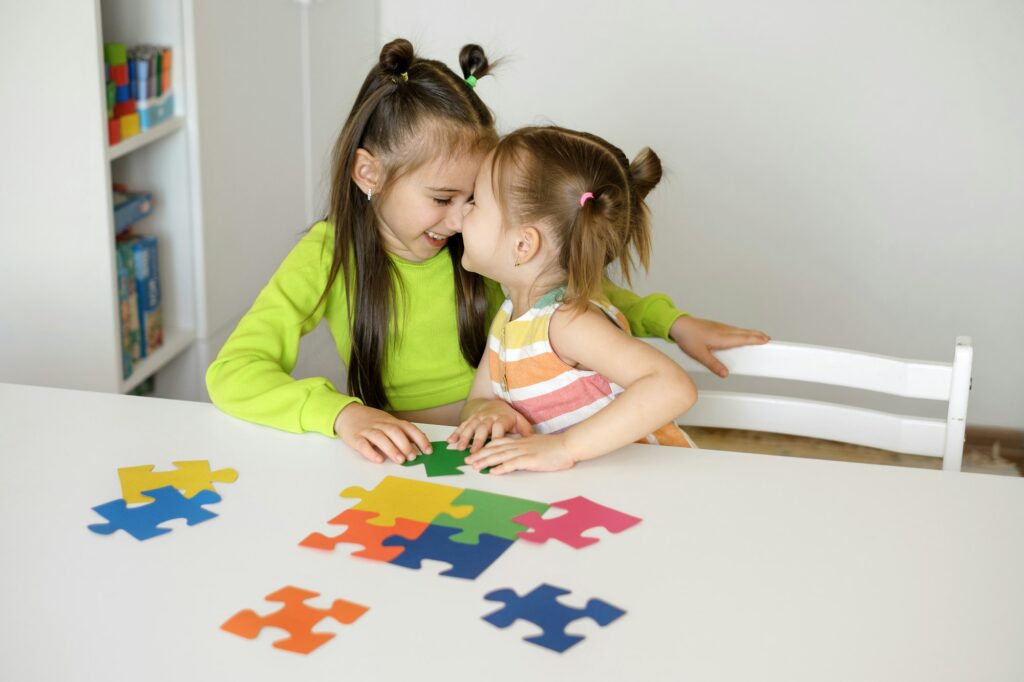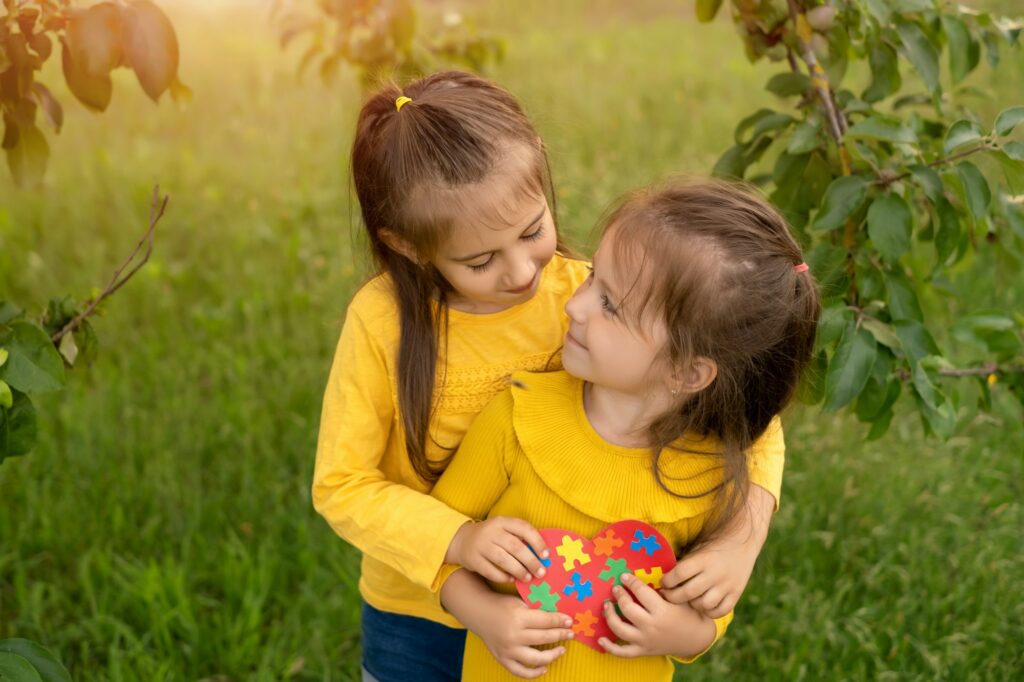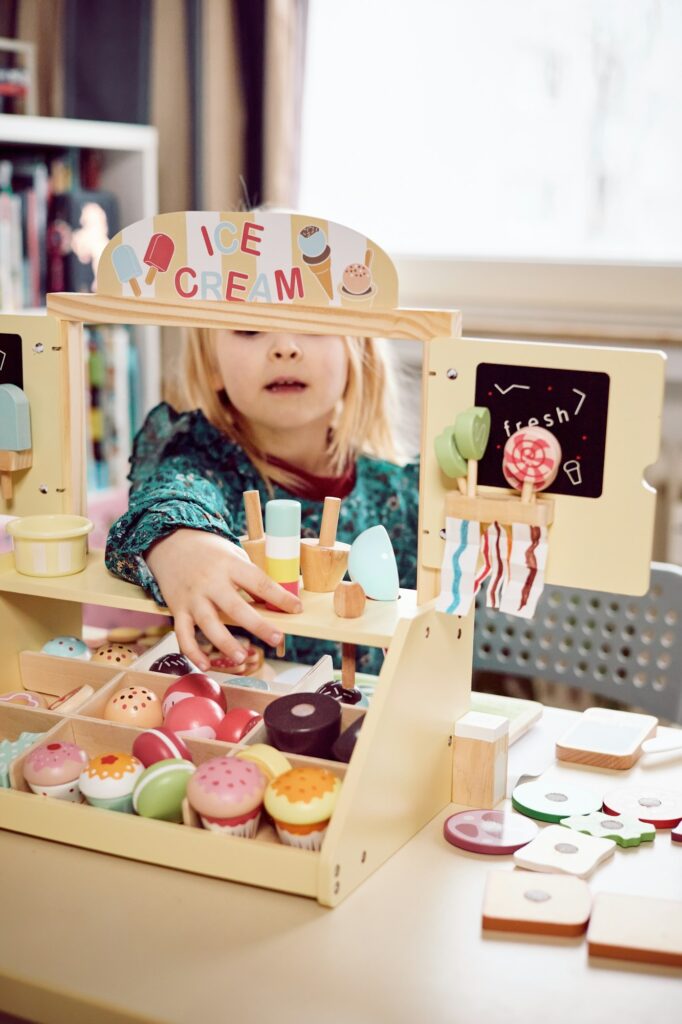
Developing Social Skills in Children with Autism: A Foundation for Lifelong Success
Developing strong social skills is a gradual process that requires patience, persistence, and creativity. For children with autism, this process may present unique challenges, but with the right strategies and support, significant progress is achievable. By incorporating principles from Pivotal Response Treatment and other evidence-based approaches, we can help young children with autism build the social skills they need to form meaningful connections and navigate the social world with confidence.
For children with autism spectrum disorder (ASD), developing robust social skills is as crucial as it is challenging. These skills are the building blocks of meaningful relationships, successful educational experiences, and overall well-being. As parents, educators, and caregivers, our role in nurturing these skills cannot be overstated. By understanding the importance of social skills and implementing effective strategies, we can significantly impact the lives of young children with autism.
The Significance of Social Skills for Children with Autism
Children with autism often face unique challenges in social interactions, which can manifest in various ways:
- Difficulty understanding and interpreting social cues
- Challenges in initiating or maintaining conversations
- Struggles with empathy and perspective-taking
- Limited ability to engage in cooperative play
- Trouble understanding unwritten social rules
These social challenges can lead to isolation, anxiety, and reduced self-esteem if not addressed early and consistently. By focusing on developing social skills from a young age, we can help children with autism:
- Form and maintain friendships
- Improve their ability to navigate social situations
- Enhance their capacity for teamwork and collaboration
- Reduce anxiety and behavioural issues in social settings
- Increase independence and self-advocacy in social contexts
Pivotal Response Treatment: Applying Principles to Social Skills Development
Pivotal Response Treatment (PRT), while often associated with communication skills, offers valuable strategies that can be adapted to enhance social skills in children with autism. Let’s explore how PRT principles can be applied to social skills development:
- Follow the Child’s Social Interests
In PRT, interventions are child-directed, focusing on the child’s interests and motivations. This approach can be powerful in social skills development as well.
Strategy: Observe your child’s social preferences. If they enjoy parallel play with cars, use this as an opportunity to introduce turn-taking or sharing concepts. Gradually expand these interactions to include more social elements.
- Provide Immediate Social Reinforcement
When a child attempts to engage socially, even in small ways, immediate reinforcement is crucial. This encourages them to continue their social efforts.
Strategy: If your child initiates eye contact or shares a toy, respond with enthusiasm and praise. You might say, “I love how you looked at me when you wanted to play!” or “Thank you for sharing your toy. That was very kind!”
- Practice Social Skills in Natural Environments
PRT emphasizes learning in everyday settings. This principle is particularly valuable for social skills, as it helps children generalize their abilities across different contexts.
Strategy: Use daily routines and outings as opportunities for social practice. At the playground, encourage your child to ask another child to play. During family dinners, practice conversation skills and turn-taking in discussions.
- Incorporate Social Turn-Taking
Turn-taking is fundamental to social interaction. PRT uses various activities to practice this skill in an engaging way.
Strategy: Play simple social games that require turn-taking, like passing a ball back and forth while saying each other’s names. Gradually increase the complexity by adding conversation elements to the game.
- Teach Multiple Social Cues
Children with autism often struggle with attending to multiple social cues simultaneously. Focus on helping them notice and respond to various social stimuli.
Strategy: When teaching about emotions, use a multi-sensory approach. Show pictures of facial expressions, act out emotions, and discuss how people’s voices change with different feelings. This helps children understand that social cues come in many forms.
- Encourage Social Self-Management
PRT aims to help children become more independent in their behaviour regulation, which is crucial for social success.
Strategy: Use social stories or visual schedules to help your child understand and navigate social situations. Teach them coping strategies for when they feel overwhelmed in social settings, like taking deep breaths or finding a quiet space.
- Promote Social Initiations
Many children with autism struggle to initiate social interactions. Encourage and reinforce these crucial skills.
Strategy: Create situations that motivate your child to initiate social contact. For example, give them a special toy or game that requires a partner to play, encouraging them to ask a peer to join them.
- Use Incidental Teaching for Social Skills
This PRT technique involves creating learning opportunities within natural, everyday situations.
Strategy: If your child shows interest in a peer’s activity, use that moment to teach social skills. Guide them in how to ask to join or how to compliment their peer’s work.
Implementing Social Skills Strategies: A Team Effort
While these strategies can significantly improve social skills in children with autism, it’s essential to remember that every child’s social development journey is unique. Collaborating with occupational therapists, psychologists, and other professionals can help tailor these approaches to your child’s specific needs and strengths.
Consistency across different environments—home, school, and community—is key to reinforcing social skills learning. Encourage teachers, family members, and caregivers to use similar strategies to provide a cohesive support system.
Every social interaction, no matter how small, is an opportunity for growth and learning. Celebrate each step forward, whether it’s a moment of eye contact, a shared smile, or a new friendship formed. With dedication and the right tools, we can help children with autism unlock their social potential and thrive in their relationships and communities.

